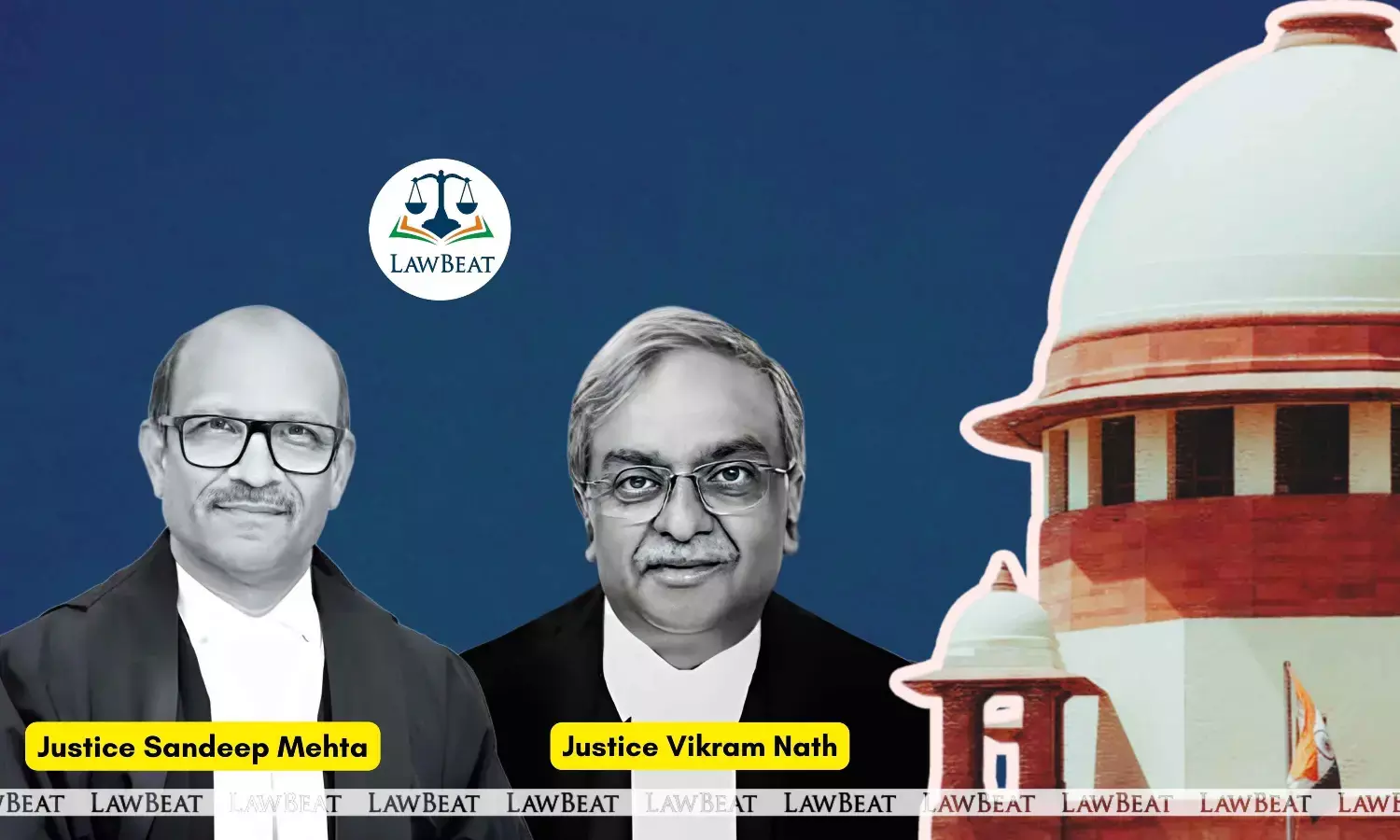"We are more of a matrimonial and bail court now", Supreme Court flags concern

SC expressed concerns over being flooded with matrimonial cases.
The Supreme Court of India recently expressed its concerns over the court being flooding with divorce petitions from all over the country.
A bench of Justices Vikram Nath and Sandeep Mehta noted that it the Supreme Court has started acting more like a matrimonial and bail court.
As the court took up a case filed in relation to matrimonial case proceedings being repeatedly adjourned before the Rajasthan High Court, the bench said, "If we start entertaining these matters for being adjourned, this Court would be flooded with divorce petitions from all over the country...all divorce matters will come before this Court. As it is, we are more of a matrimonial and bail court now. Soon, it will become totally matrimonial".
The petitioner before court argued that the case had not been heard by the High Court despite being listed multiple times. He further requested the intervention of the Supreme Court and also a notice to specifically order mediation to help reach a settlement.
"If we start entertaining these matters for being adjourned....this Court would be flooded with divorce petitions from all over the country," Justice Nath went on to observed.
Ultimately, the counsel sought permission to withdraw the plea, with the liberty to approach the Rajasthan High Court for an early hearing.
Recently, Justice BV Nagarathna of the Supreme Court had also made similar observations, saying that large number of bail matters were being filed before the Supreme Court, which had effectively made it into a “bail court.”
As Justice Nagarathna's bench was getting up take a lunch break on a non-miscellaneous day, she said, “Can't continue like that without lunch because we are exhausting ourselves only granting bail”.
The supreme court judge went on to note that if lower courts followed Supreme Court orders, fewer cases would reach the apex court.
Justice Nagarathna further observed that she had never handled bail matters while in the High Court and had to learn the work after coming to the Supreme Court. “By the time the matter comes here, time has also lapsed, the man is inside for a sufficient long time, the charge sheet would have been filed, investigation is over, charges would have been framed, the trial would have commenced, so accordingly we consider the case. But the thing is we are becoming a bail court. I never sat in the High Court for bail, at all. I had to learn the work after coming here”, she said.
The Supreme Court has also favoured a return to the long-established practice of conducting day-to-day trials in sensitive or important criminal cases and has directed all high courts to constitute a committee to seriously discuss this issue for the benefit of their respective district judiciaries.
A bench of Justices J B Pardiwala and K V Viswanathan observed that non-continuous criminal trials, where evidence is heard in a piecemeal fashion over many months or even years, constitute a significant factor contributing to delays in the justice system. The bench emphasised that the legitimacy of the right to speedy trial as an integral part of the right to life under Article 21 of the Constitution is beyond question.
